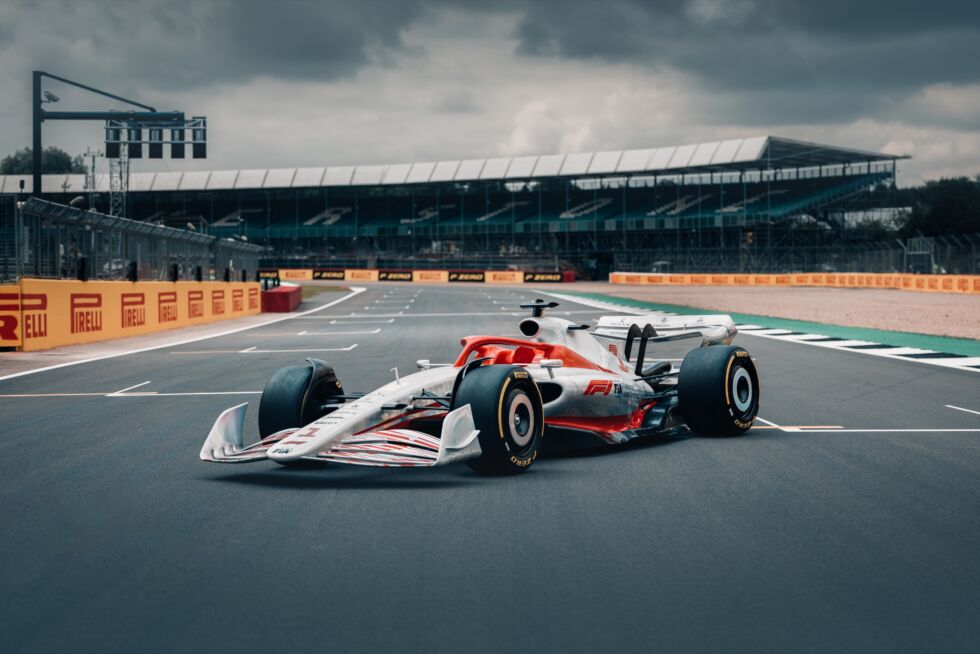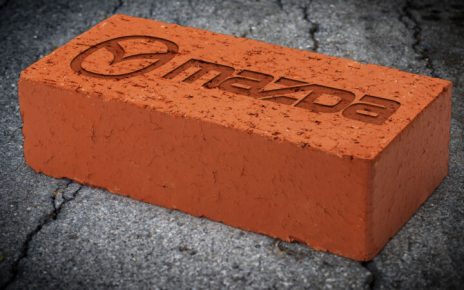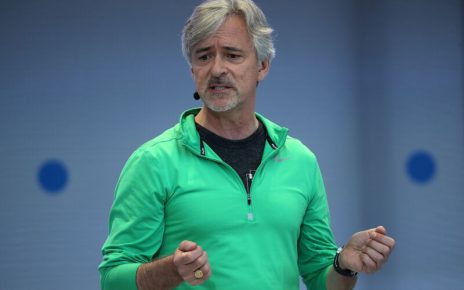-

Formula 1 has new technical regulations for 2022, the most sweeping changes to the sport in many years. This is what the new cars will look like. [credit: Formula 1 ]
On Thursday in Silverstone, England ahead of this weekend’s British Grand Prix, Formula 1 revealed next year’s car to the public. 2022 will see the biggest shake-up to the sport’s technical regulations since the introduction of the turbocharged hybrid powertrains in 2014. There’s been a fundamental change in the way the car creates its aerodynamic downforce, with the goal being to make it easier for F1 cars to race each other closely. Ars spoke to Rob Smedley, director of data systems at F1, to find out why and how the new car came to be.
What’s the problem?
The cars that will race each other at Silverstone this weekend use the air to generate grip through a combination of the front wing and rear diffuser. And they make an awful lot of downforce, which is part of the reason F1 lap times have reached historic lows. The problem is what happens to the air after it’s passed over an F1 car’s body—it becomes a massive wake of disturbed air. A wing running in turbulent air won’t work nearly as efficiently as a wing running in clean air, and that means it’s very hard for one car to follow another closely enough to try and overtake—something that F1 fans have told the sport they want to see more often.
“As the [2021] car moves in, let’s say a second behind, then it’s losing around 25 percent of its downforce,” Smedley said. “As it moves in to about half a second—a closing distance and getting to the point where they could start to have this wheel to wheel interaction—at that point it loses 40 percent of its downforce. So the loss is immense.”





